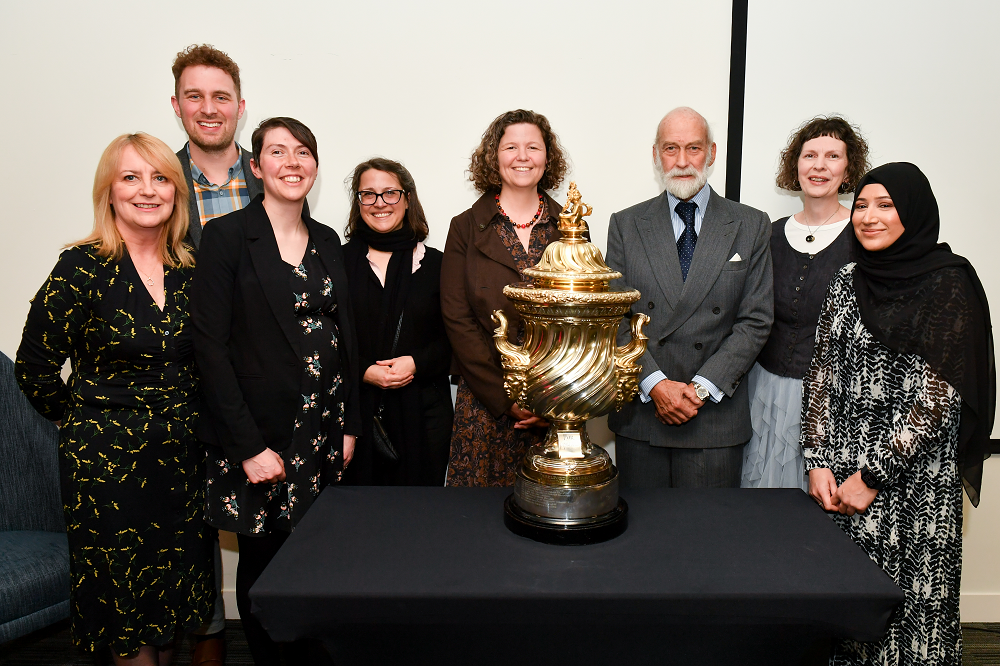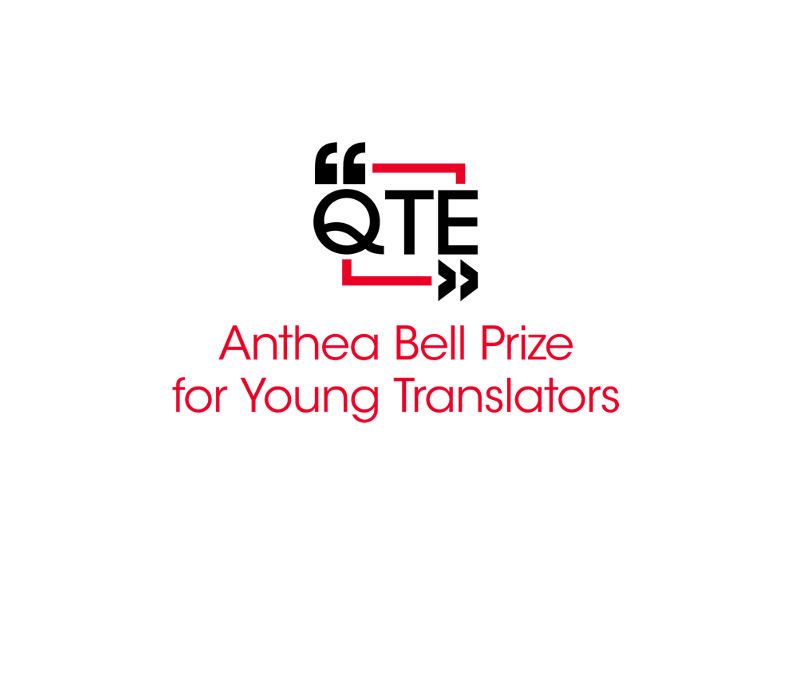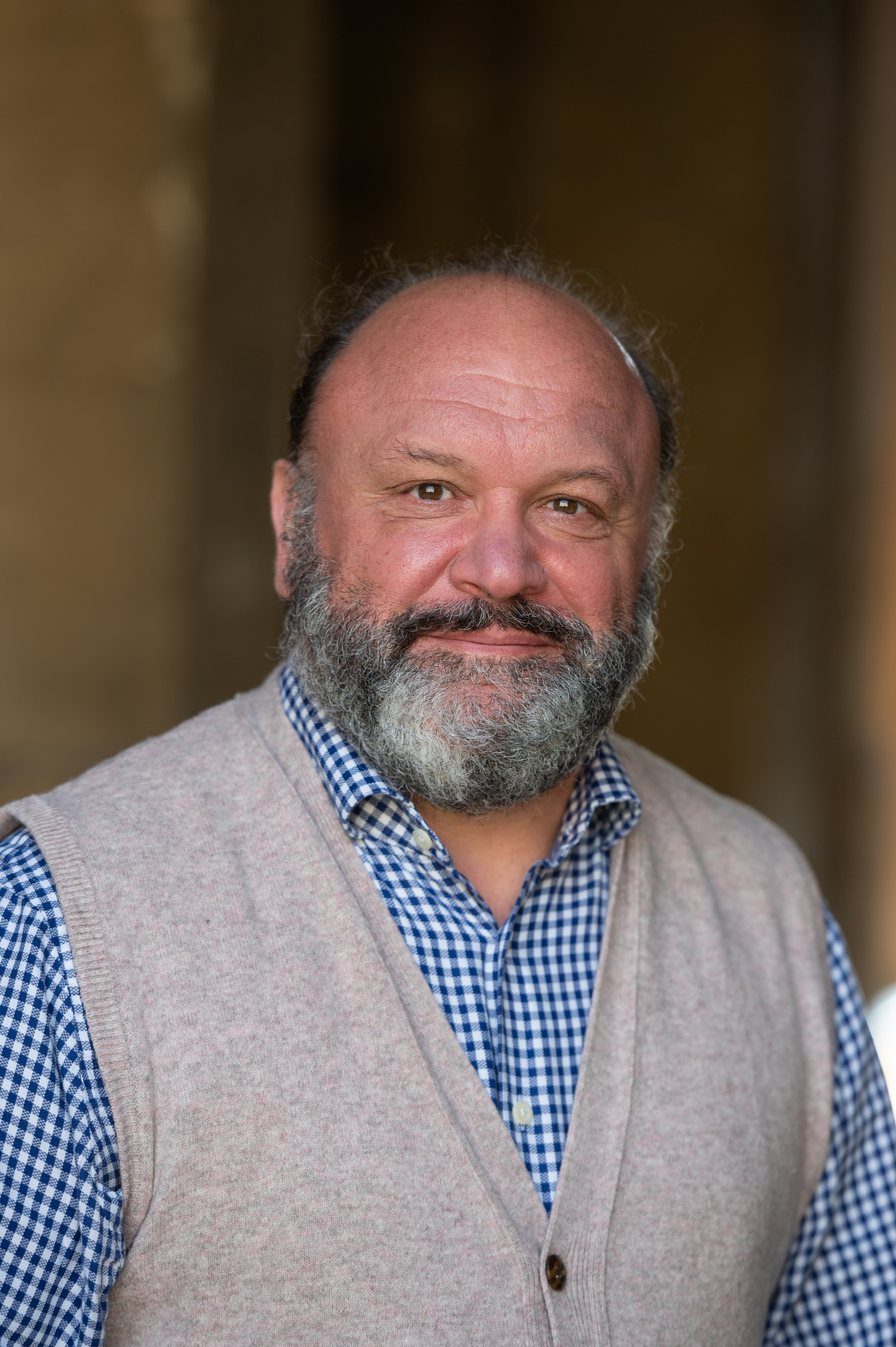The College warmly congratulates Dr Charlotte Ryland who has been awarded the Threlford Cup for fostering the study of languages. We asked her to tell us more about her work which led to the award.
Many congratulations on winning the Threlford Cup! Please can you tell us a bit about your work as Director of the Stephen Spender Trust that led to this award?
The Stephen Spender Trust (SST) was founded in the late 1990s to honour Spender’s legacy, and initially its work focused on his archive, which is now safely in the Bodleian. We now run projects ‘in Spender’s spirit’, recognising his major contribution as poet, translator, editor and advocate for free speech and marginalised voices. Over the past five years I have strengthened the Trust’s work with young people: we train translators to run Creative Translation workshops in schools, both in European and diaspora languages. These workshops show the young participants how valuable their language skills are, how exciting it is to engage with other cultures, and how far they can go if they continue to study languages. We also run a major prize for poetry translation – the Stephen Spender Prize – which is a beautiful showcase of how multilingual the UK and Ireland are. Last year we received entries from over 90 languages, from people aged 8 to 80. We publish the winning entries, and give awards to ‘Outstanding Teachers’ who engage lots of their pupils in our programmes. This year those teachers were also invited to the Threlford Cup awards ceremony, which was my favourite part of the event.
Despite being called a ‘Trust’, SST has no endowment or core funding. So the real answer to your question is that as Director I spend a lot of my time raising funds for these projects, and developing partnerships with universities, arts organisations, and schools.
You are also Director of the Translation Exchange, based here at Queen’s. How does the Translation Exchange work to inspire young people to love learning and using different languages?
We founded the Translation Exchange in 2018 to bring the expertise and experience at Queen’s, at Oxford, and amongst the literary translation community into language-learning in schools. The number of language-learners in UK schools was plummeting, but at the same time the literary translation scene was becoming increasingly lively, dynamic, and collaborative. I wanted to explore how we could bring these two scenes together to inspire young language-learners and increase uptake of languages at schools. We now engage over 15,000 young people and hundreds of adults right across the UK every year, through translation workshops and events, and our Anthea Bell Prize for Young Translators. There are lots of partnerships between SST and the Translation Exchange. The main one is our Creative Translation Ambassadors programme: SST translators train Oxford students to design and deliver translation workshops in local schools.
What do you mean by ‘creative translation’?
We are aiming to get to a point where that word ‘creative’ is redundant – where everybody sees that every act of translation is dynamic and creative – but we have a long way to go! At present, especially in the MFL curriculum in schools, translation is transactional: exchange one word for another, put it in the right place in the sentence, and you get your marks. What we want to show young people is that this act of negotiation between two languages is thrilling, and teaches you so much about how languages work, and how thoughts and ideas are mediated. And that it promotes critical thinking and offers access to a diverse range of texts and voices. We find that the most effective way of doing this is through literary translation, so all our programmes involve the translation of poetry, prose, picture books, graphic novels, and occasionally film.
Why do you think it’s important to be doing this work now?
Language learning in schools is in what feels like terminal decline, and this is making itself felt at universities including Oxford, with applicant numbers dropping. We believe that the tide can be turned if young learners experience the pleasure and appreciate the value of a languages education, and that this experience and appreciation come through culture and creativity. The Threlford Cup is awarded by the Chartered Institute of Linguists (CIOL), which is a huge international network of linguists from all walks of life. CIOL members represent what we at SST and the Translation Exchange want all young people to know – that opening up to languages will greatly enrich your path through life, both within and beyond your career. We have just launched a partnership between Oxford and Cambridge universities called ‘Think Like a Linguist’, which shows 12-13-year-old pupils what it means to be a linguist from a range of different perspectives. We want them to see that languages will open up opportunities for them and give them membership of a community that spans generations and continents.
What has the response been like from schools to your Anthea Bell Prize for Young Translators and other initiatives?
We have been blown away by the response from schools. In the first year of our Anthea Bell Prize – 2021 – we aimed to engage 50 schools. Within months we had over 500 schools registered, and it has continued to grow. Teachers are incredibly positive, often saying that using our teaching resources reminds them why they became linguists, why they went into teaching in the first place. I believe that this is because our focus is on authentic cultural experiences, and deep engagement with text and language. Often in language-learning, culture and language are thought of separately, but creative translation shows that it is possible (and we believe preferable!) to bring them together. We now have over 1,800 Modern Languages teachers registered for the Anthea Bell Prize, and over 40,000 young people have participated in its first three years. Teachers report that our programmes help them to raise the profile of languages within the school, and pupils report that they open their minds to the excitement and variety of languages study. We never expected this level of engagement, certainly not in our early years, and it really shows that we are meeting a need: teachers and pupils are ready for a richer and more creative language-learning experience.
Finally, you run two different book clubs, please can you give us a book recommendation?
I used to run a project promoting German-language literature, and for a number of years my go-to translated fiction recommendation was The Eighth Life by Georgian-German author Nino Haratischvili. It’s an outstanding, exhilarating work, beautifully translated into English by Charlotte Collins and Ruth Martin. But for once I’m going to recommend a book that is not in translation! Vehicle is a work of speculative fiction by one of my translator colleagues, Jen Calleja, who is also a poet, novelist, and publisher. The novel presents an alternative reality in which translators are political pawns because an authoritarian, totally isolationist government has realised that their capacity to mediate information gives them ultimate powers of manipulation. It’s an experimental, fiercely intelligent read that urges deep engagement in text and language, and places translation where it belongs – right at the heart of things.

Image: Charlotte Ryland with the four ‘Outstanding Teachers’ from the Stephen Spender Prize 2022, and Lingo Flamingo, with whom they shared the award.



